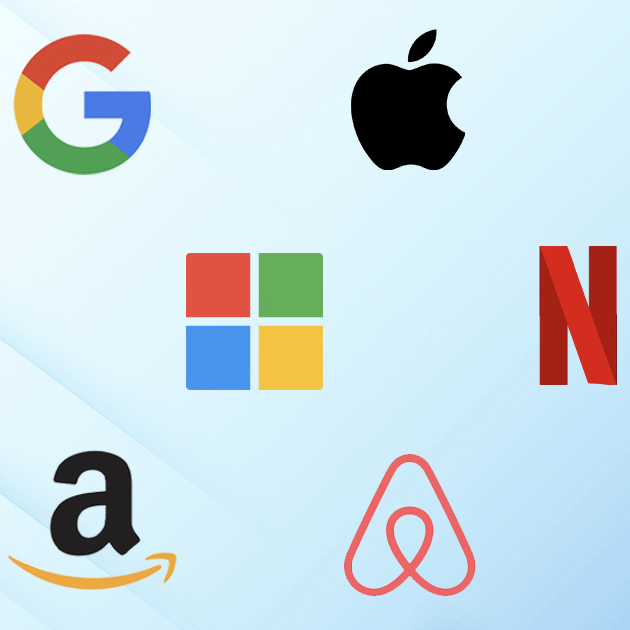Background: I studied Bachelor's in computer science from a Tier 3 college in India and joined a reputed early-stage startup (Bay Area based) as an Operations Manager in India. I worked there for two years, and during that, I got exposure to technology. I gained tech skills by myself and moved to another startup as a Backend Developer. I have been working as a Backend Developer for the last five years. All the companies I have worked for and left were in the early stage, so until now, I didn’t progress much in my career and still hold the designation of Software Engineer. I am earning and learning decently in Dubai, but I feel like stuck and not moving forward as I don’t see my future, at least in the current startup. I work as an Individual contributor, and management is pretty naive here. I don’t understand what to do to move ahead from here: I don’t feel much enthusiasm for engineering as my other colleagues and friends feel, so I feel like doing MBA and trying Product Management. But I am also not sure as I have already changed my career path once, and I am already 30 years old, so, not sure if doing it is a good idea or not. It's costly as well, so not sure it's a good investment. My wife is also doing an MBA, so I feel maybe FOMO is causing me to try it and get out of this zone. One question that keeps me curious is why most of the engineers who are already working in Engineering don’t go for MBA. Another option I feel is to try a Master's in computer science as its relatively cheaper than MBA also, I have been doing tech for the past five years so it can be a supportive degree, but I don’t love tech so much that I want to spend whole life in it, so I feel may b its also not a good idea. I have a very limited professional circle as I have worked in very small startups and studied at Tier-3 college, so I feel like MBA/MS can help. I feel like maybe I can also try FAANG instead of MBA and MS and see what happens from there, but I like my current work with elixir and enjoy it, so I don’t feel much happiness while doing preparation. Also, I feel it's been three years here. We are two backend developers here, and we have good money. I get decent work with Elixir. I can stay here at the same startup, and maybe I will grow in future here only, which I strongly feel will not happen. So, this is the problem I don’t understand where to go in my career from here. I am sure, for one thing, I want to try my startup again (I have tried twice, once in college and once a year back and closed before it started) in future.







